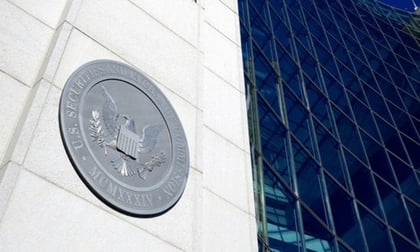The Securities and Exchange Commission revoked the registration of New York-based International Investment Group LLC Tuesday, after filing a complaint against it in U.S. District Court, Southern District of New York, claiming the investment advisor was operating a Ponzi scheme.
As part of that scam, the firm hid losses in its flagship hedge fund and sold at least $60 million in fake loan assets to clients, according to the SEC.
In the complaint, filed Nov. 21, the SEC claimed IIG significantly overstated the value of defaulted loans in the fund’s portfolio to conceal losses in its Trade Opportunities Fund. In an attempt to continue its deception, IIG allegedly doctored the firm’s records to indicate the defaulted loans had been repaid and the proceeds were used to make new loans, the SEC charged, noting that, in reality, there had been no repayment and the purported new loans were actually fake.
The SEC’s complaint further alleged that IIG attempted to raise money to meet investor redemption requests and other liabilities by selling at least $60 million in fake trade finance loans to other clients. To deceive clients into buying those loans, an IIG employee allegedly had fake documentation created to substantiate the nonexistent loans, including fake promissory notes and a forged credit agreement, the SEC claimed.
Starting in or about 2007, IIG “engaged in a practice of hiding losses in the TOF portfolio by overvaluing troubled loans and replacing defaulted loans with fake ‘performing’ loan assets,” the SEC said in the complaint. “When it was necessary to create liquidity, including to meet redemption requests, IIG would sell the overvalued and/or fictitious loans to new investors, including, ultimately,” to the firm’s Global Trade Finance Fund and Structured Trade Finance Fund, and “use the proceeds to generate the necessary liquidity required to pay off earlier investors,” according to the complaint.
In addition to the private funds, IIG also advised an open-end mutual fund marketed to retail investors and selected trade finance loans for that retail fund’s portfolio, the SEC said.









 November 27, 2019 at 12:32 PM
November 27, 2019 at 12:32 PM











